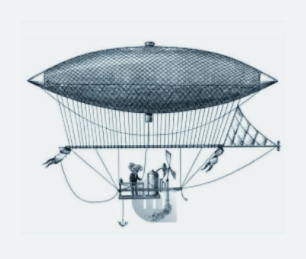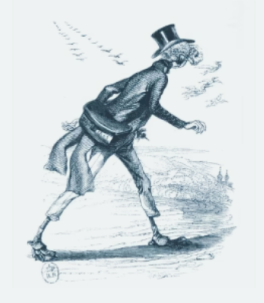“Does the baby sleep through the night?”
This is the question that comes up again and again in the ears of new parents.
A question that is not without a certain pressure: "Are we good parents if we cannot teach our baby to sleep alone?"
This article aims to better understand the reality of babies' sleep in order to put an end to this unnecessary pressure and comparison with adult sleep that generates frustrations. Indeed, very often, expectations regarding babies' sleep are not realistic.
First, what do we mean by "sleeping through the night" ? Pediatricians consider that a baby "sleeps through the night" when he sleeps uninterruptedly between midnight and 5 a.m. We are not at all on the same standard as adults (8 hours per night).
It is also important to know that while by 4 months, babies have generally acquired a certain notion of day and night, circadian organization will not be fully acquired until around 2 years.
We will see that the baby's development does not allow him to sleep all night because night awakenings allow him to detect and communicate his vital needs.
Baby's sleep structure
Human sleep consists of two main phases: light sleep and deep sleep.
Babies have a greater need for light sleep than adults: 50% to 60% of their sleep at birth, compared to 20% for adults. From 3 months to 3 years, the proportion gradually decreases to reach the level of that of adults.
It is when the brain is growing most rapidly that the proportion of light sleep is highest, since it has a real influence on brain development.
Deep sleep occurs every hour in babies, after 20 minutes of light sleep, and each transition from light sleep to deep sleep is a critical time when the baby is likely to wake up easily.
If a stimulus occurs during this transition, there is a good chance that the baby will wake up. This explains why babies are difficult to move, without waking up, during the first few months.
This process of reduction in light sleep is discontinuous: there may be a lengthening of sleep periods for some time, then many awakenings again, then another period of lengthening.
Baby's physical needs at night
Let's start with food, the baby's stomach is still very small: it eats little at a time but often.
In the first few months, the baby feeds every 2-3 hours, day and night, and maintains two feeds per night for at least 9 months.
In addition, breast milk is available in greater quantities at night, and the ejection reflex is more powerful, which would result in milk richer in fat, and therefore in calories. Babies who breastfeed frequently during the night therefore tend to grow and gain weight better.
Beyond the need to feed, night awakenings are a response to the immaturity of their breathing, which is irregular with episodes of sleep apnea.
The baby has a protective reflex that helps him wake up in response to sleep apnea that would put him in danger. Sudden infant death syndrome would be the consequence of a malfunction of this reflex: the baby is unable to wake up during a respiratory problem. The babies most at risk are those who sleep uninterruptedly very early.
This risk is present up to 1 year, more particularly between 0 and 6 months, with a peak around 3 months.
Light sleep and frequent nighttime awakenings therefore protect the baby from this tragedy. The WHO officially recommends that the baby sleeps close to his parents for the first 6 months of his life, because a baby who sleeps alone spends more time in deep sleep than he should.
Baby's emotional needs at night
Demanding that a baby fall asleep alone is a specificity of our culture and is absolutely not a commonly accepted truth throughout the world.
From a biological point of view, if we compare its level of development at birth with other mammals, the human baby is born “premature” by about 1 year. At birth, the human brain is only a quarter of its adult size. If the human baby were born at the same level of development as other mammals, it would not be able to pass through its mother's pelvis. This immaturity explains the great dependence of the baby on its parents.
The baby is therefore not ready to be alone all night, without any contact.
Physical contact makes him feel good because it triggers the secretion of oxytocin and reduces the secretion of stress hormones, which have an impact on digestion, growth and brain development. Physical contact also promotes the parent-child bond and the emotional security of the little one. Sleep is a frightening separation for the little one. Feeling that his parents are always there for him, even at night, when he needs them will help him to approach sleep serenely later, with confidence.
This is why it is beneficial for a baby to be accompanied in sleep (with a song, rocking, caresses, etc.).
In conclusion,
The real issue of whether or not to sleep through the night is related to the parents' fatigue, not the baby's well-being.
The real question is not: how can we help our baby learn to sleep through the night, but rather: what changes would help parents be less tired?
It is not so much the frequency of waking up that is tiring, but the duration of these waking ups.
Not turning on too bright a light in the middle of the night, for example, makes it easier for everyone to fall back to sleep.
Not going to bed too late at night or napping at the same time as your baby can also help limit the effects of fatigue.
In another article , we presented the benefits of co-sleeping for the whole family and the importance of being well equipped to make it possible.




